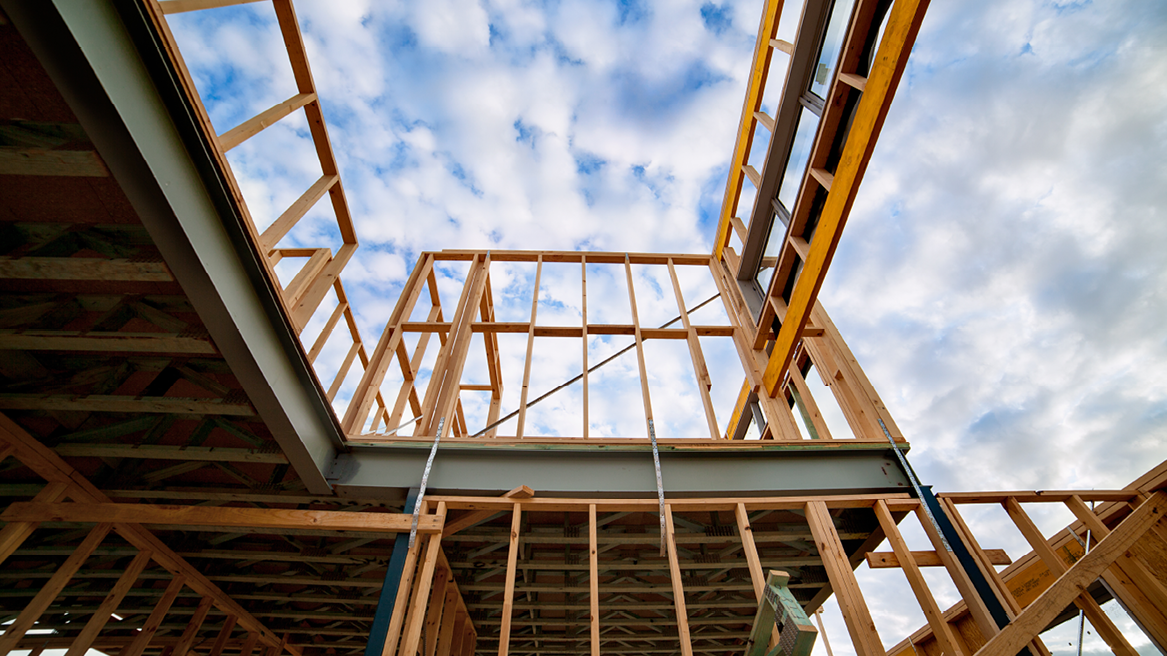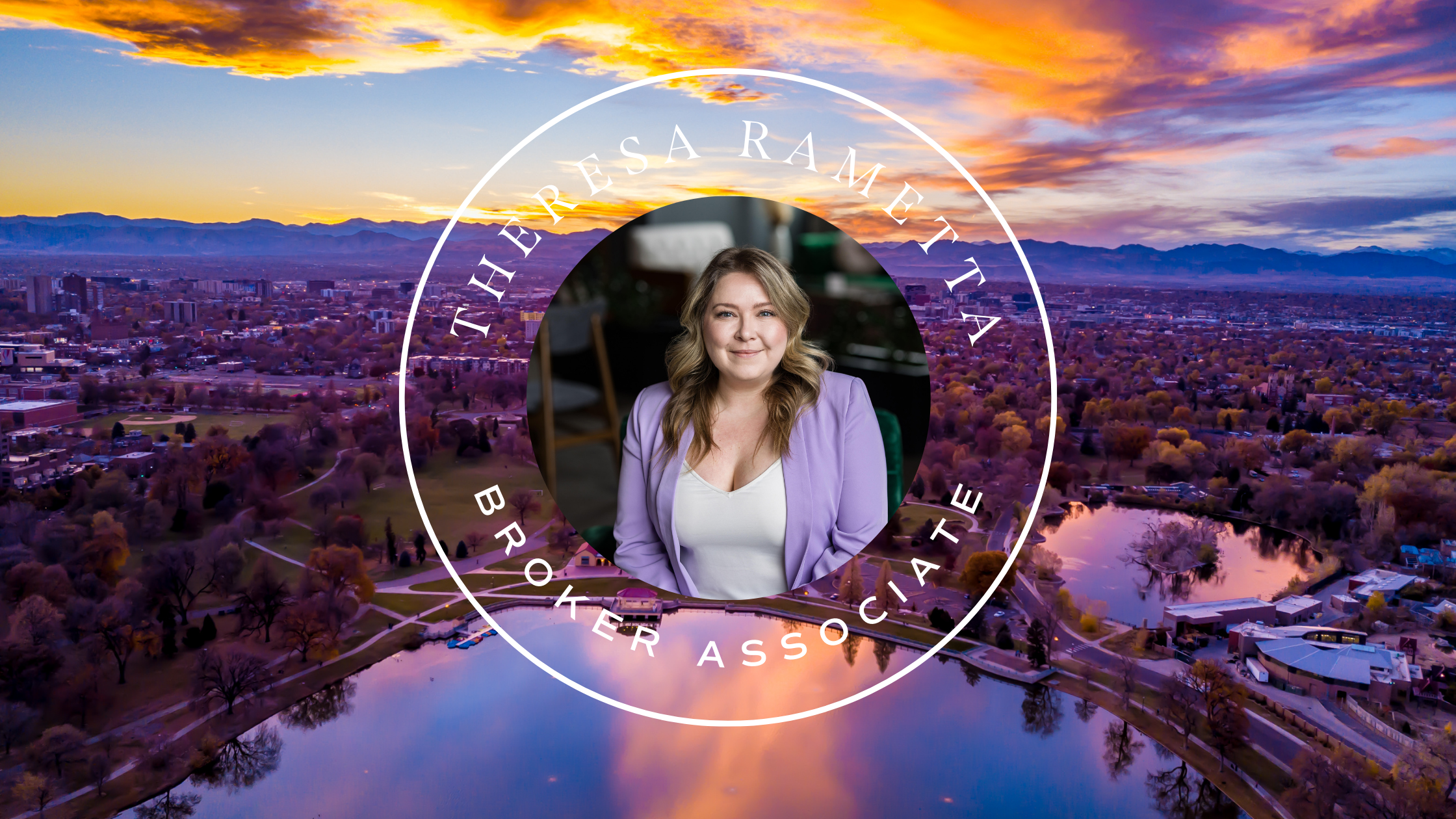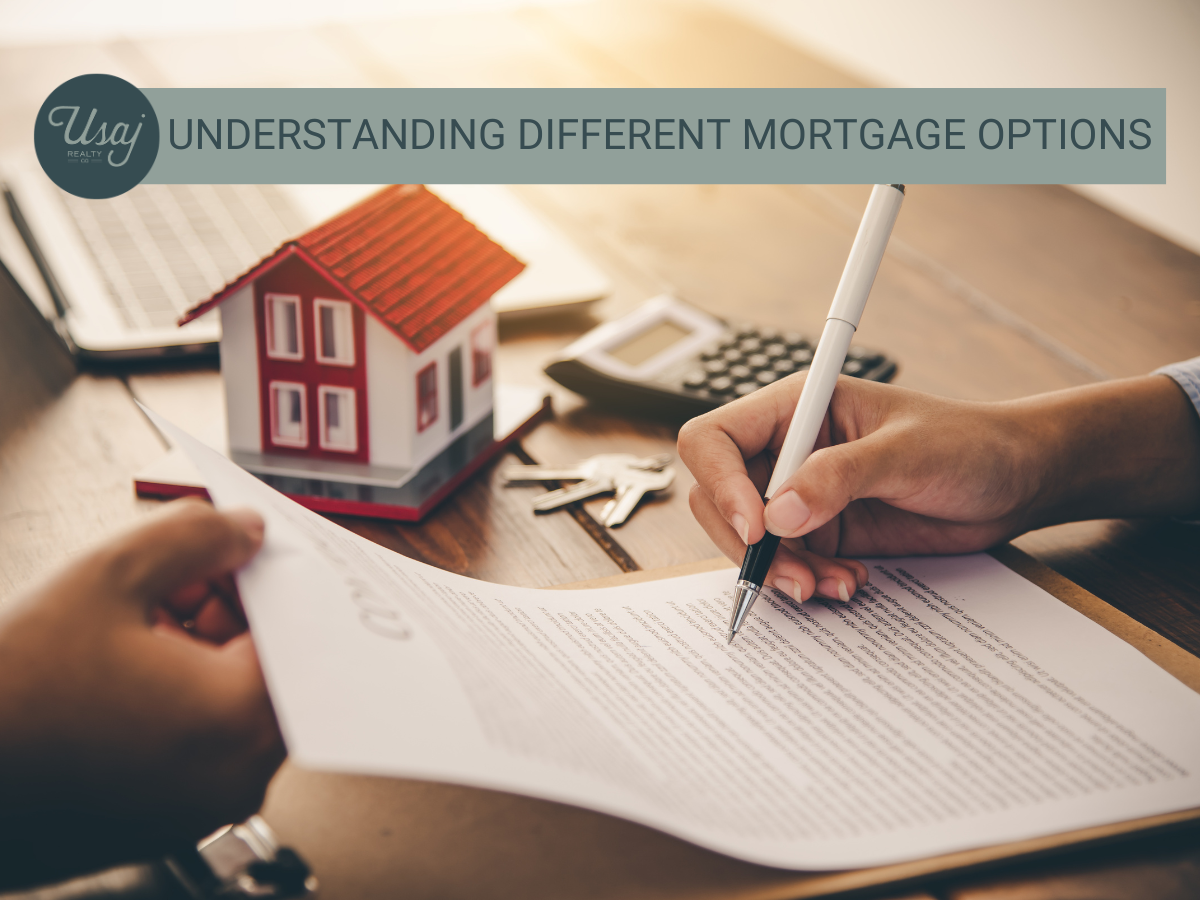So you’ve finally decided to buy a new construction home in Denver. Congratulations!
Whether it’s a detached single family home or a newly constructed condo, this process is incredibly exciting but it can also feel overwhelming at times. There are so many decisions to be made, from the community you select, lot size and configuration, home finishes and the upgrades to the financing. Before you make any decisions in regards to your new home, take a step back and learn from the missteps of others before you.
You can’t ask enough questions when it comes to buying a “brand new” home. Unfortunately, when you don’t take the time to consider the bigger picture, you are often left frustrated and end up paying more money than what was necessary. It’s always a good idea to have a real estate agent by your side helping you through this process, regardless of whether the home is brand new or decades old.
Below you’ll find some of the biggest mistakes people make when buying a new home:
Selecting Too Many Upgrades or Those with the Lowest ROI
This is truly the most common mistake made by new home buyers who don’t consider the resale value of their home in the future. When buying a new home, be sure to stick with the essential upgrades like two sinks in the master bathroom, high quality cabinetry and above all else, top quality padding under the carpeted areas. In order of importance, spend money on the following options/upgrades: structural improvements that add square footage or improve functional use, electrical, plumbing, cabinets and flooring. These may not be the “sexiest” items but the more “cosmetic” updates can be easily added down the road. Once you start getting into various upgrades, you may not see that return until years down the road. And remember, ask yourself the question, “Will potential buyers think the upgrades are important, or is it something that is near and dear only to me?”
Not Examining Your Lot Choice or Unit Thoroughly
There are very important aspects to consider when choosing a lot on which to build your new home. Among them are: terrain (noting that people psychologically feel more secure looking down at the street rather than up), location and lot shape (which can affect your surroundings including the possibility of facing the rear of a neighbor’s home). Does your home have a backyard or is it a home positioned on a pie shaped lot with a very large front yard? If it is a new construction condo, do you have a desirable view or is the view of an alley? Ask not only about the location, but the height — what is the home’s proximity to others around you? Is the yard graded for moisture control? Are there any utilities planned for the yard? How will the utilities impact any potential home improvements in the future?
Finding Communities First, Vitals Second
When you are buying a home, you have to have a different mindset than you would if you were purchasing items of lesser value. To avoid heartache and frustration, clarify your lifestyle needs before searching for a community to build a home in. For example, if you commute to downtown Denver and have school age children, it’s important to consider the quality of the schools in the area as well as the mass transit options. Is the home near the school bus stop or within walking distance to the school? If you have young children, does the home have a yard in which they can play? If not, if there a park close by to let them run off some steam? You’ll have to determine if the location will fit the living requirements that are necessary for you and your family.
Overlooking the “Inspection” Clause in Builder Contracts
A dirty little secret in the new home industry is the fact that some builders, national builders included, send out contracts with a clause stating that they don’t allow home inspections by an independent, third party home inspector until after the closing when you already own the home. They offer a home walkthrough before closing, but unless you’re an experienced licensed inspector, you might miss red flags beyond the surface. If your builder does allow for inspections, you will want to perform them at completion of the foundation, pre-drywall and final inspection. Ask your new build specialized realtor for inspector referrals.
Using the Builder Endorsed Financing Out of Convenience
Many large builders have their own in-house financing company and they often offer incentives on their products. In some instances, you will find that the builder’s in-house lender financing and incentives will cost you more money in the long run than if you had financed your purchase through an outside lender. Rule of thumb: Always check your financing options with the builder’s in-house lender with a mortgage broker and a loan officer from a direct lender before signing the purchase contract. Many times the builder will have loopholes in the contract that will make it difficult for you to work with an outside lender and will ultimately cost you more money. The builder may offer $3,000 off the asking price to use their finance company, but they are usually making up for it somewhere else. Never hesitate to “shop around.” Your credit has already been pulled by the in-house lender, so your credit will not be affected if you have other lenders pull your credit within a certain time period. Be sure to find out how long that time period lasts via the lender. If it looks too good to be true, it probably is.
If you are considering buying a new home, please contact us at Usaj Realty. Our real estate brokers are ready to help you through this exciting process.
Have questions about getting started with new build research? Contact us at info@usajrealty.com or call 720.398.2999
(Editor’s note: This article was originally published in spring of 2017. It has been updated to reflect the current trends and market).




